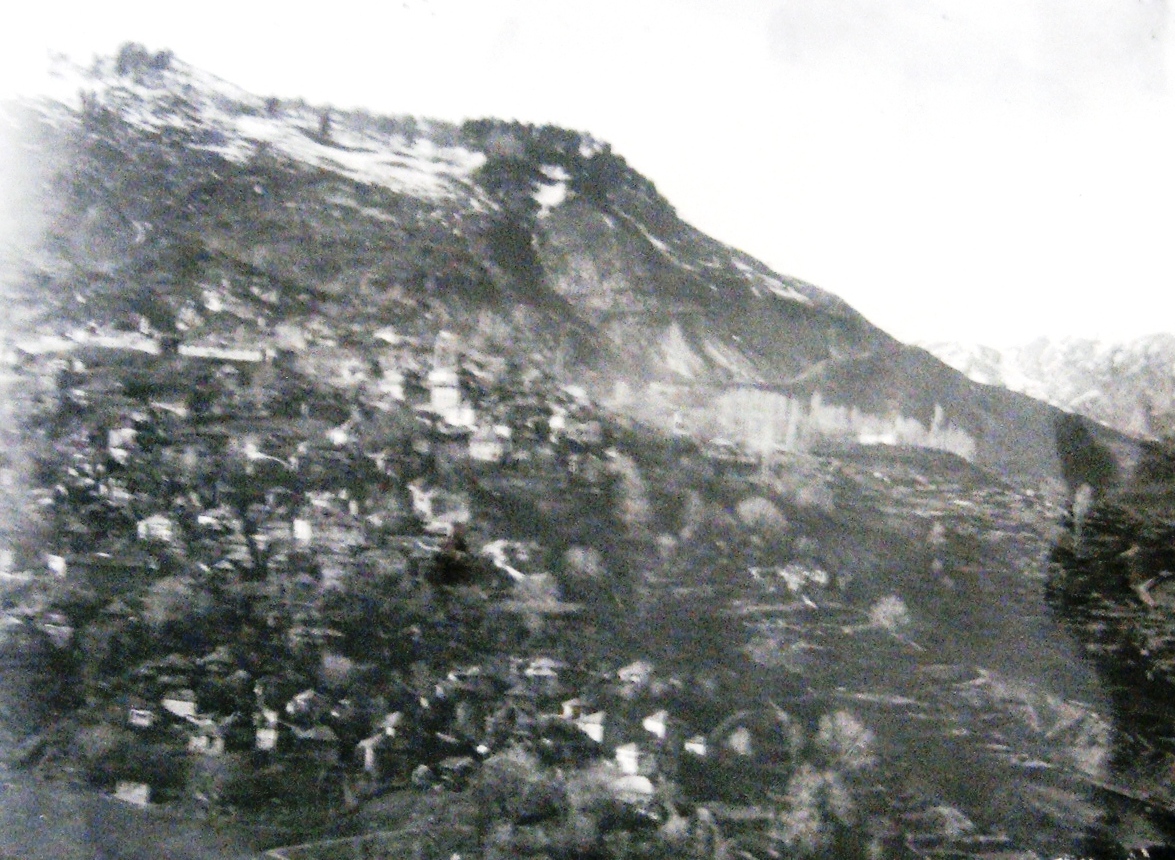|
Metsovitikos (dance)
Metsovitikos ( el, Μετσοβίτικος xoρός) is a kind of a local folk dance from Metsovo, Greece. See also *Music of Greece *Greek dances Greek dance (''choros'') is a very old tradition, being referred to by authors such as Plato, Aristotle, Plutarch and Lucian. There are different styles and interpretations from all of the islands and surrounding mainland areas. Each region form ... ReferencesVlahoi.net - Μετσοβίτικος xoρόs Greek dances {{europe-dance-stub ... [...More Info...] [...Related Items...] OR: [Wikipedia] [Google] [Baidu] |
Greek Dances
Greek dance (''choros'') is a very old tradition, being referred to by authors such as Plato, Aristotle, Plutarch and Lucian. There are different styles and interpretations from all of the islands and surrounding mainland areas. Each region formed its own choreography and style to fit in with their own ways. For example, island dances have more of a different smooth flow to them, while Pontic dancing closer to the Black Sea, is very sharp. There are over 10,000 traditional dances that come from all regions of Greece. There are also pan-Hellenic dances, which have been adopted throughout the Greek world. These include specifically the Syrtos, Kalamatianos, Pyrrhichios, Ballos and hasapiko. Traditional Greek dancing has a primarily social function. It brings the community together at key points of the year, such as Easter, the grape harvest or patronal festivals; and at key points in the lives of individuals and families, such as weddings. For this reason, tradition frequently dict ... [...More Info...] [...Related Items...] OR: [Wikipedia] [Google] [Baidu] |
Metsovo
Metsovo ( el, Μέτσοβο; rup, Aminciu) is a town in Epirus, in the mountains of Pindus in northern Greece, between Ioannina to the west and Meteora to the east. The largest centre of Aromanian (Vlach) life in Greece, Metsovo is a large regional hub for several small villages and settlements in the Pindus region, and it features many shops, schools, offices, services, museums, and galleries. The economy of Metsovo is dominated by agriculture and tourism, the latter of which flourishes in winter. Metsovo is served by Greek National Road 6 (Ioannina – Trikala) and by the Egnatia Odos motorway. Etymology From medieval times till well into the 19th century, Metsovo was known, in various sources, as ''Metzovo''. From the end of the 18th century on, the literary form of ''Messovon'' makes its appearance. The town is known as ''Aminciu'' in Aromanian (Vlach), and as ''Miçova'' in Ottoman Turkish. Ottoman census records In the Ottoman census records we see the word ''Mcwh'' ... [...More Info...] [...Related Items...] OR: [Wikipedia] [Google] [Baidu] |
Greece
Greece,, or , romanized: ', officially the Hellenic Republic, is a country in Southeast Europe. It is situated on the southern tip of the Balkans, and is located at the crossroads of Europe, Asia, and Africa. Greece shares land borders with Albania to the northwest, North Macedonia and Bulgaria to the north, and Turkey to the northeast. The Aegean Sea lies to the east of the Geography of Greece, mainland, the Ionian Sea to the west, and the Sea of Crete and the Mediterranean Sea to the south. Greece has the longest coastline on the Mediterranean Basin, featuring List of islands of Greece, thousands of islands. The country consists of nine Geographic regions of Greece, traditional geographic regions, and has a population of approximately 10.4 million. Athens is the nation's capital and List of cities and towns in Greece, largest city, followed by Thessaloniki and Patras. Greece is considered the cradle of Western culture, Western civilization, being the birthplace of Athenian ... [...More Info...] [...Related Items...] OR: [Wikipedia] [Google] [Baidu] |
Music Of Greece
The music of Greece is as diverse and celebrated as its history. Greek music separates into two parts: Greek traditional music and Byzantine music. These compositions have existed for millennia: they originated in the Byzantine period and Greek antiquity; there is a continuous development which appears in the language, the rhythm, the structure and the melody. Music is a significant aspect of Hellenic culture, both within Greece and in the diaspora. Greek musical history Greek musical history extends far back into ancient Greece, since music was a major part of ancient Greek theater. Later influences from the Roman Empire, Eastern Europe and the Byzantine Empire changed the form and style of Greek music. In the 19th century, opera composers, like Nikolaos Mantzaros (1795–1872), Spyridon Xyndas (1812–1896) and Spyridon Samaras (1861–1917) and symphonists, like Dimitris Lialios and Dionysios Rodotheatos revitalized Greek art music. However, the diverse history of art music ... [...More Info...] [...Related Items...] OR: [Wikipedia] [Google] [Baidu] |


